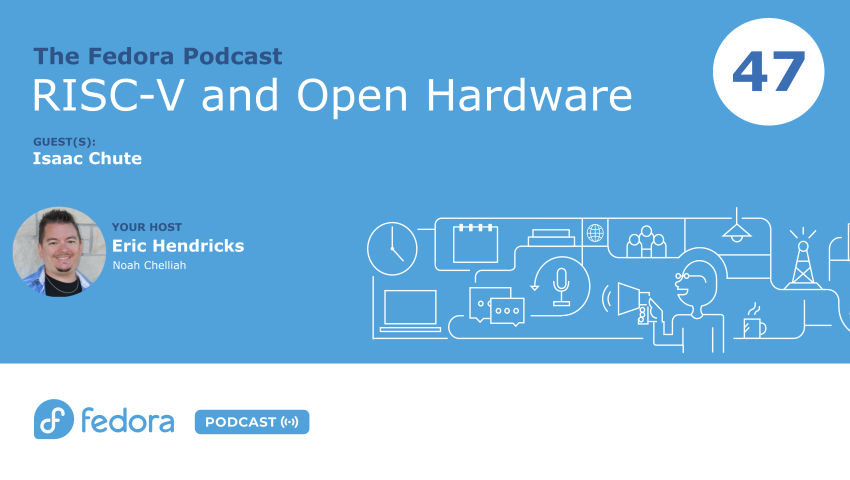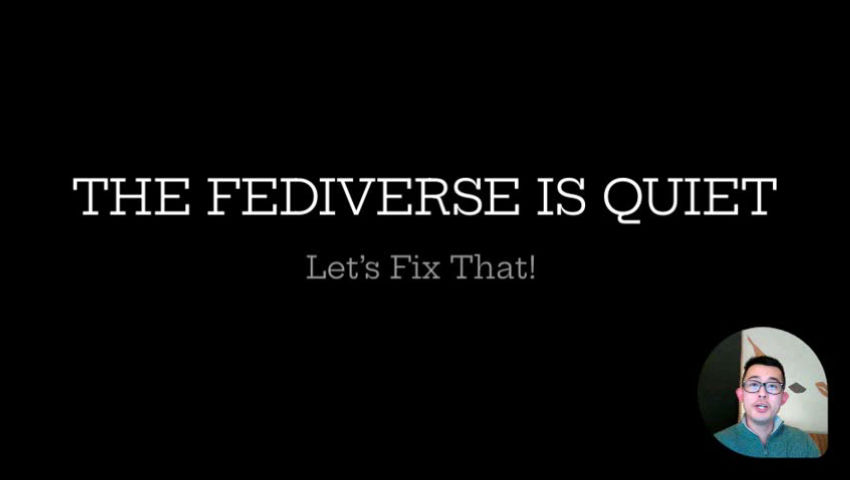- 9 Posts
- 88 Comments

 46·7 个月前
46·7 个月前The Nixon-era Richardson Waiver came about amid a push for more public engagement, with the waiver acting essentially as a workaround to amending the APA’s exemptions. As Richard Brady, the assistant secretary for administration, wrote in the Federal Register at the time, implementing the Richardson Waiver “should result in greater participation by the public in the formulation of this Department’s rules and regulations.”
“The public benefit from such participation should outweigh any administrative inconvenience or delay which may result from use of the APA procedures in the five exempt categories,” Brady wrote. The waiver also noted that the Health Department should use the “good cause” exception “sparingly.”
Kennedy’s new policy rescinds the Richardson Waiver entirely. He writes in stark contrast: “The extra-statutory obligations of the Richardson Waiver impose costs on the Department and the public, are contrary to the efficient operation of the Department, and impede the Department’s flexibility to adapt quickly to legal and policy mandates.”
So, just to make this clear, they didn’t just not really implement their fabled transparency, they also walked back on the control mechanisms that were already in place.

 29·7 个月前
29·7 个月前It’s fascinating, because the people behind him are genuine grifters and/or delusional ideologues, he can’t even make proper politics in the interest of capitalists. (Just in the interests of some individual capitalists, against the interests of national capital accumulation).

 5·7 个月前
5·7 个月前Article without paywall:

 4·7 个月前
4·7 个月前I’m sorry, when I made this account there were basically no other instances, and now I don’t want to move and lose the early adopter bragging rights

 251·7 个月前
251·7 个月前I know that this is the argument, and I agree in principle (no inherent worth), but people tend to forget: Money laundering, buying black market goods online, supporting illegal organisations internationally and speculating on something are technically some kind of worth. That’s why it still never crashed out to 0, imo.

 181·7 个月前
181·7 个月前As someone who was interested in Bitcoin at its very beginning (sometimes I wonder what kind of arsehole I would be now if I hadn’t lost my wallet back then long before the stuff was worth anything) - it took quite some time from its inception to cryptobros being a cultural phenomenon everywhere on the net. So the creation itself may be a bit too early.
But I think your point is still very much valid.
I unstuck him - I think the script sometimes gets caught up on one command (e.g. “right” in that case) - and it seems providing the same command again helps the script to get unstuck (just giving another single “right” command).
PS: Not responsible for the script or stream, I just switch into it every now and then when my ADHD brain can’t focus on what it is supposed to do and needs something else for a while before doing what it is supposed to be doing.

 4·7 个月前
4·7 个月前It really isn’t, but as long as those resources are distributed through a market, there are problems even if you add money. Say the billionaires truly are incorruptible angels and put all their money to providing food and shelter, the not-yet-billionaires in the market suddenly have incentives to raise prices, withhold food to the market while prices are rising as a speculative gambit, stuff like that.
That’s one of the mechanisms through which the system itself, that produces billionaires, makes it at least hard or - imo - even impossible to truly undo the damage it does to create such billionaires, even when you have those billions. Another example is corruption: As soon as you put a lot of money into an issue, it creates an incentive there to funnel money away in secret, to provide false solutions that don’t solve anything, to scam, etc. A friend of mine worked on projects providing water infrastructure in countries in Africa from philanthropic and international aid funds, and he did get often frustrated telling how some projects simply vanish halfway through, because someone down the line had basically run off with the money (not that the projects were wholly useless, either, but they failed to fundamentally solve things by just throwing money at them). Someone like Bill Gates, as another example, has been unironically doing a lot of good as a philanthropist, but all his money still wasn’t able to truly tackle the root causes of the problems in the countries where he supports healthcare and such things - and inevitably, some of the funds he provided were used on glamour projects or ineffectual, nice-sounding strategies, or ended up in outright corruption. And at the same time, the question remains, what the system that made him a billionaire caused in damages to begin with.
That’s why I still think you can’t really tackle all these problems without doing away with a market structure, exchange value, capital accumulation, etc. - i.e., why I remain a dirty commie, instead of just arguing for redistribution (redistribution and more social-democratic, beneficial investment is still good, but you gotta always aim for the abolition of private property and capital accumulation as an end goal, imo).
Oh, and I just realised my ramble kind of missed OP’s point, which is also important: All the money caught up in the three-digit multi-billionaires net worth? It’s not representative of true goods and labour, it is what Marx would have called “dead” capital. As soon as it is used for anything but as financial capital, it can drive inflation massively, which connects to part of my first point.
EDIT: Another example that just came to my mind for how this can impact things - Mansa Musa and the stories surrounding his lavish spending during his Hajj, basically crashing the local economies. So, even pre-capitalist systems had to deal with these dynamics.

 27·7 个月前
27·7 个月前This is an interesting conundrum, actually. The big question at its core being:
Can you ever do enough good through philanthropy, so that it offsets the damage you had to do, in order to become a billionaire? Can even all the billionaires in the world do enough good with their money, to offset the damage done by a system, that allowed for them to become billionaires?
I, personally, don’t think it is possible.
To give an actual answer: I think, the world would definitely be better, but unless those billionaires collectively used all the power their money provides, to do away with money and the possibility of billionaires altogether, I don’t think it would amount to all that much.
To anyone not wanting to give on Patreon, there is also: https://liberapay.com/PieFed/
All things considered, it’s not yet falling off as quickly as I would have expected, maybe my memory is playing tricks on me, but I seem to remember Lemmy had a harder crash after the first reddit exodus, as did mastodon several times, when people fled xitter.
the sole dev of both of these apps doesn’t think he needs any help and refuses to open source them.
Oof, that sucks. Seems like someone else needs to create an open source alternative app. The platforms themselves are libre software, right? I couldn’t find a lot for loops on that, but Pixelfed itself seems to be.
Perfect moment to plug !Peertube@lemmy.world
Growing steadily, and in my opinion, definitely a way to supplement (still far from replace) YT. There’s actually some neat content on there by now, from just good to fascinatingly bizarre - but almost always very genuine and authentic. Especially when comparing to some years back, it really has become a proper seed for a platform instead of a novel experiment - but more people interacting with the content and/or supporting the creators would be amazing as the next step.

 4·7 个月前
4·7 个月前That’s no lie, hence supplement, not replace. But the community can only grow, if people start using it more, even just a little bit in addition to YT where it works for them.

 2·7 个月前
2·7 个月前At least from what I’ve seen, a lot more videos than in the past seem to have transcripts and captions, including automatically generated captions. I recently moved all my old YT videos (mostly German YoutubePoops from the early 2010s) over to peertube.wtf and they had automatic captions generated without input on my end, in English and German both.

 91·7 个月前
91·7 个月前Have a look at peertube, it’s gotten to a point where it can definitely supplement YT.

 4·7 个月前
4·7 个月前“But I voted for Trump, not Musk. If only Trump knew what was going on. Yes, they are taking my farm and deporting my wife, but that’s just a mistake. Okay, it wasn’t a mistake, but I am ready to suffer, for my
kingpresident and country. Okay, that country is going down the shitter, but that’s because the migrants and left sabotaged my emperor!”

 2·7 个月前
2·7 个月前Definitely, here’s hoping the accountability question will prevent that, but the incentive is there, especially in systems with for-profit healthcare.

 41·7 个月前
41·7 个月前Even if it were to do pattern recognition as well as or slightly worse than a human, it’s still worthwhile. As the article points out: It’s basically a non-tiring, always-ready second opinion. That alone helps a lot.











I think you might be onto something there, still remains in favour of individual capitalists against national capital - and is usually something, the state is supposed to prevent (it’s jobs in capitalism are mostly preventing class conflict between bourgeoisie and proletariat just as much as conflict between individual capitalists hurting the economy at large).
But this now feels like 19th century economics from before understanding the nature of crises, and 19th century “sphere of influence” geopolitics all in one.
Here’s hoping they end up shooting themselves in the foot by underestimating the consequences of their actions.